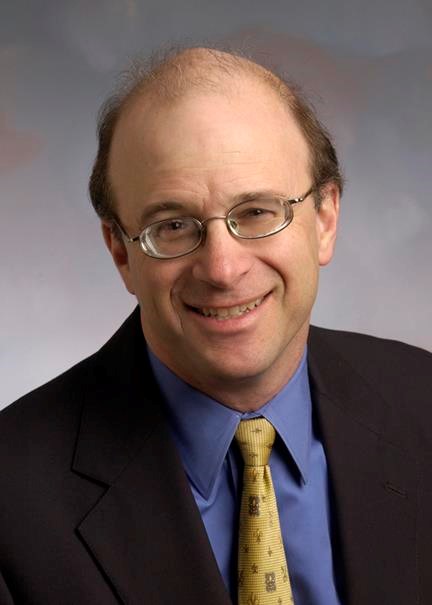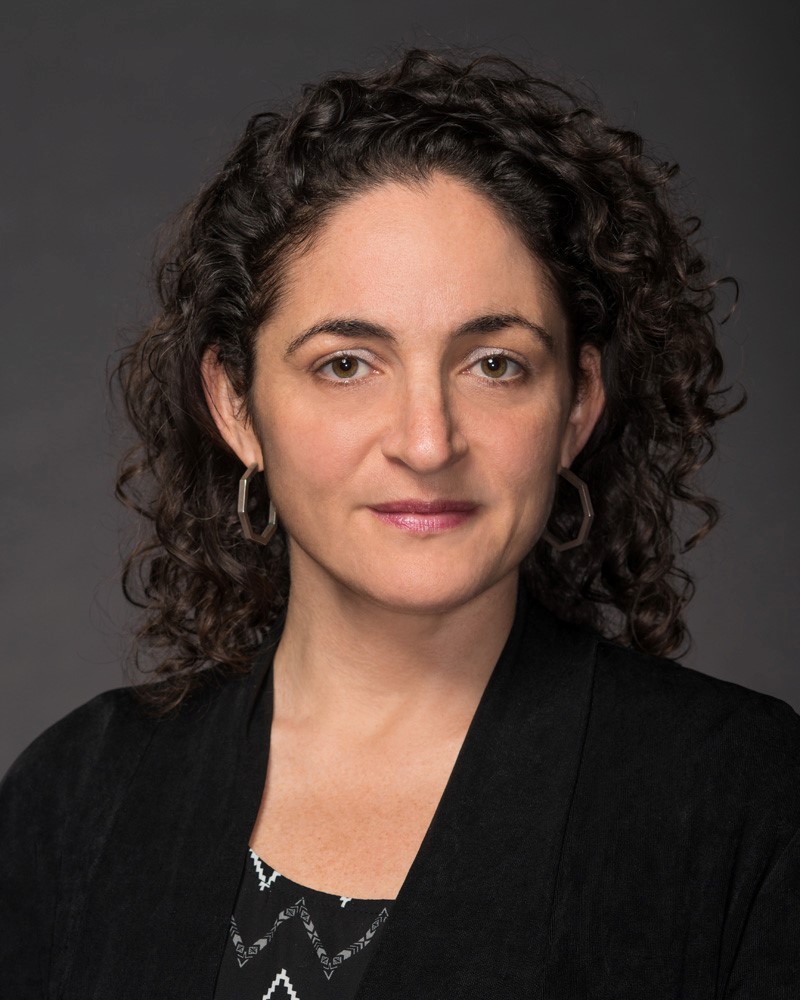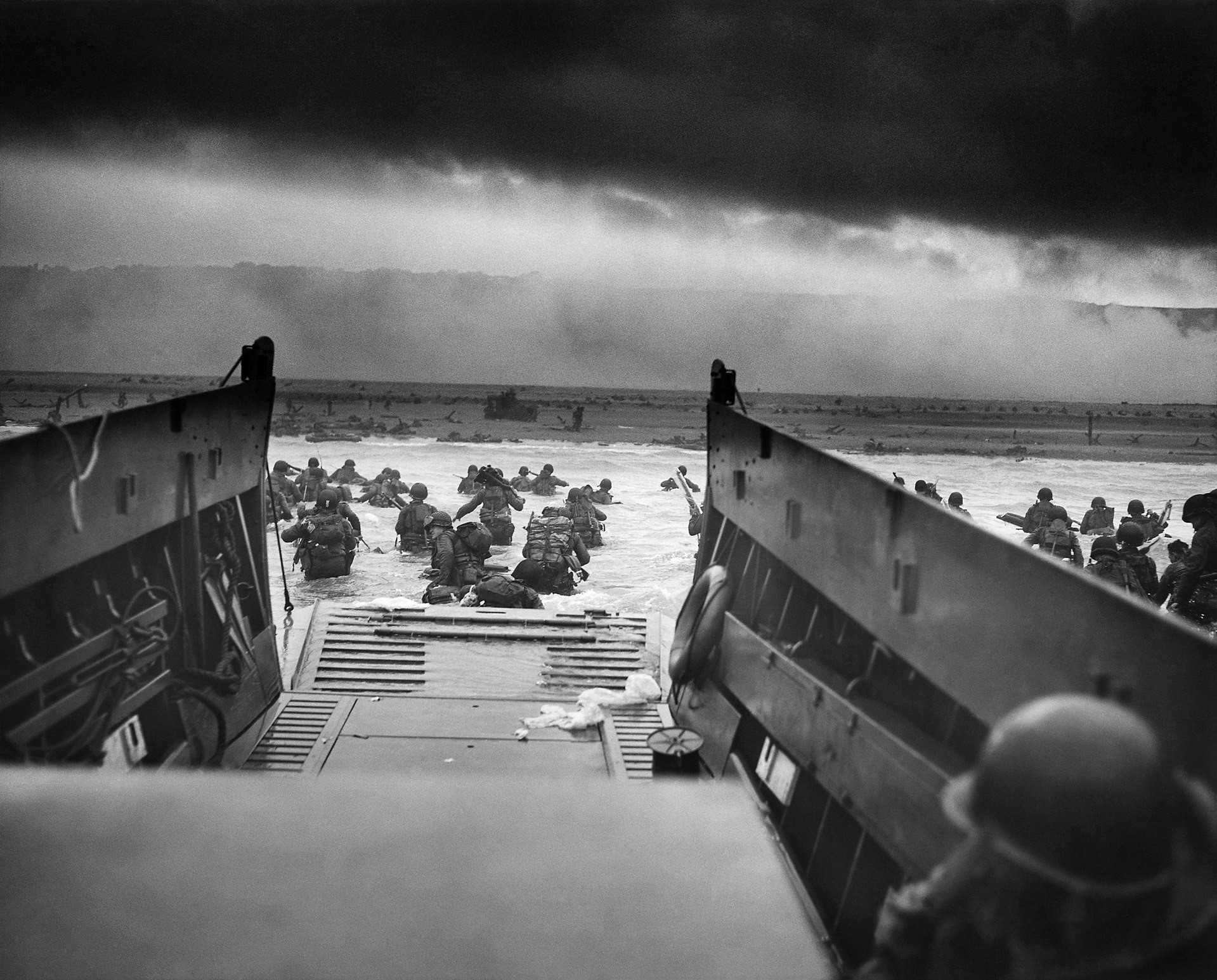FSU’s World War II Institute collaborates on NEH-funded ‘Dialogues on the Experience of War’ program
Florida State University’s Institute on World War II and the Human Experience is collaborating with a history professor at Florida International University on a program to help veterans living in South Florida to more effectively return to civilian life after their military service.

War II Institute
The project, which is funded by a $91,309 grant from the National Endowment for the Humanities' Dialogues on the Experience of War program, is titled “War and Healing: A Century of Veterans’ Reintegration.” Its goal is to train facilitators to run workshops for veterans in Miami that will aid them in exploring the often-complicated process of reintegration into society after leaving the military.
By utilizing a variety of resources, both fiction and nonfiction, that focus on the aftereffects of World Wars I and II, the Vietnam War and the wars in Iraq and Afghanistan, veterans can hope to understand that their path “is not a new one, it is sort of a timeless one,” said G. Kurt Piehler, an associate professor in FSU’s Department of History and director of the World War II Institute.
Though he hopes that the project with Jessica Adler of FIU in the “Dialogues of War” NEH program is the first of many for the World War II Institute, it is not the only project they have been working on.
Adler and Piehler began discussing possible partnerships at the 84th Annual Meeting of the Society for Military History, which FSU hosted in Jacksonville in 2017. Adler says that at the conference, Piehler “was a tireless, dogged promoter of the institute, ensuring that everyone knew about its mission and rich content.”

Florida International University
Piehler’s advocacy on behalf of the World War II Institute, along with their combined interests in veterans’ studies, made envisioning and discussing collaborations such as “War and Healing: A Century of Veterans’ Reintegration” easy.
The project will move forward in August with a two-day training and strategizing session for facilitators, including Piehler, to plan on how to enhance group discussions and events with veterans. The two four-week discussion sessions with veterans will then take place in October 2018 and around February 2019. Each of the series will focus on themes and texts from a different war with different thematic focuses.
Piehler said he is looking forward to pulling materials from the institute for the weeklong session on World War II.
“I suspect that when I do the workshops with these veterans in South Florida, they will engage with the material,” he said. “We haven’t pulled exactly what we are going to do, but we have collections from all 50 states and all of Florida, so I will try to pull at least one good thing that is Miami-based.”
The collaboration highlights not only FSU’s Institute on World War II and the Human Experience but the impact that state organizations can collectively make.
“I think it is wonderful for state schools in Florida to communicate,” Adler said. “A university has an obligation to enrich the community around it; a program like this brings that idea home. The fundamental mission is to allow a military veteran to think about how their experiences could be informed by history, applying historical materials in a way that is very personal.”
Adler added that this collaborative effort could serve as an important implementation model for how academic institutions, cultural organizations and veteran administration facilities might partner to make engaging humanities resources, including historical artworks and texts, accessible to former service members. The “War and Healing: A Century of Veterans’ Reintegration” project exemplifies these developmental ideas because it also will utilize the resources of the Wolfsonian-FIU museum and the Miami Vet Center of the Department of Veterans Affairs in veterans’ discussions.
“The NEH has designed the program so that a variety of individuals — military veterans, community leaders and academics with diverse interests and backgrounds — will be trained to lead regular humanities discussions geared towards veterans in Tallahassee, Miami and beyond,” Adler said.
Under the leadership of Piehler, the World War II Institute continues to make humanities and history personal. He has dubbed it a living history laboratory at FSU, with students from a myriad of backgrounds involved in every process, from archiving to event planning and media production.
Though he hopes that the “Dialogues of War" collaboration is the first of many collaborations with Adler and Florida International, it is not the first time Piehler has drawn outside attention to the institute.
“We have some longstanding collaborations with Fordham University Press where we edit a World War II series with them, and we did this annual lecture series with them in New York; we also recently did an exhibit at Chipola College,” Piehler said. “We are branching out to documentaries. Brian Graves of FSU’s College of Communication and Information is doing a documentary on Charles Mansfield that we will help with, and we also are getting more scholars to use our collections. What I am getting excited about is that the institute is slowly getting on the map, by scholars but also other constituencies like journalists and documentary makers.”

Like Piehler, Brianna McLean, a history major at FSU who serves as Piehler’s senior assistant, expressed enthusiasm for the opportunity to promote the World War II Institute.
“With any collaboration, I am just excited that we are getting our name out there,” McLean said. “We can find more people who are interested in this and get them hooked up with these collections. At the end of the day we are really trying to get researchers to see these collections because it benefits them. Yes, it can get our name out there, but these collaborations can develop a connection with other universities with strong research backgrounds. It’s beneficial for the institute, but it’s more beneficial to the documents we are trying to preserve, and it pushes our whole mission forward.”
Gabriella Paez is a senior English major, with a concentration in editing, writing, and media.

